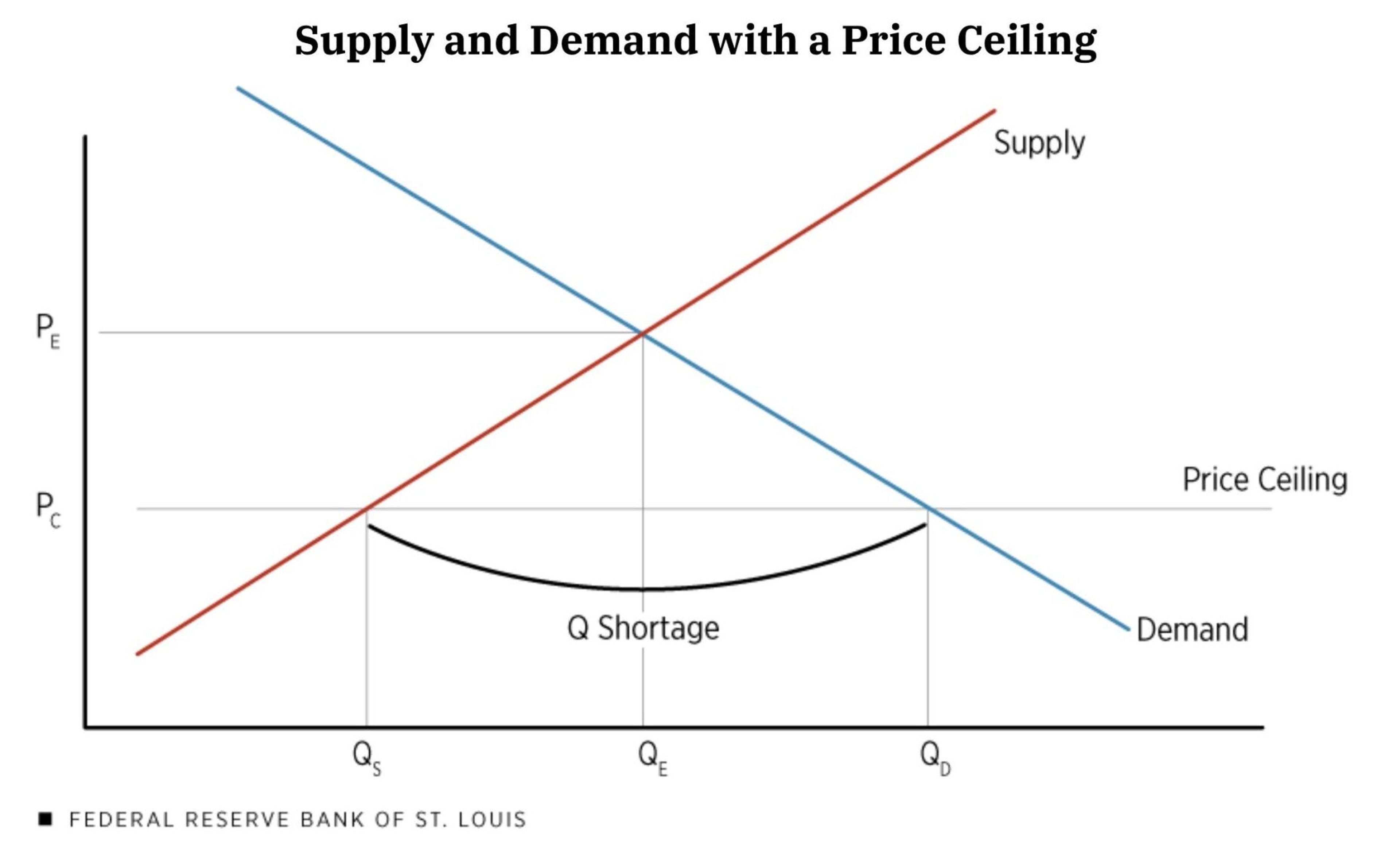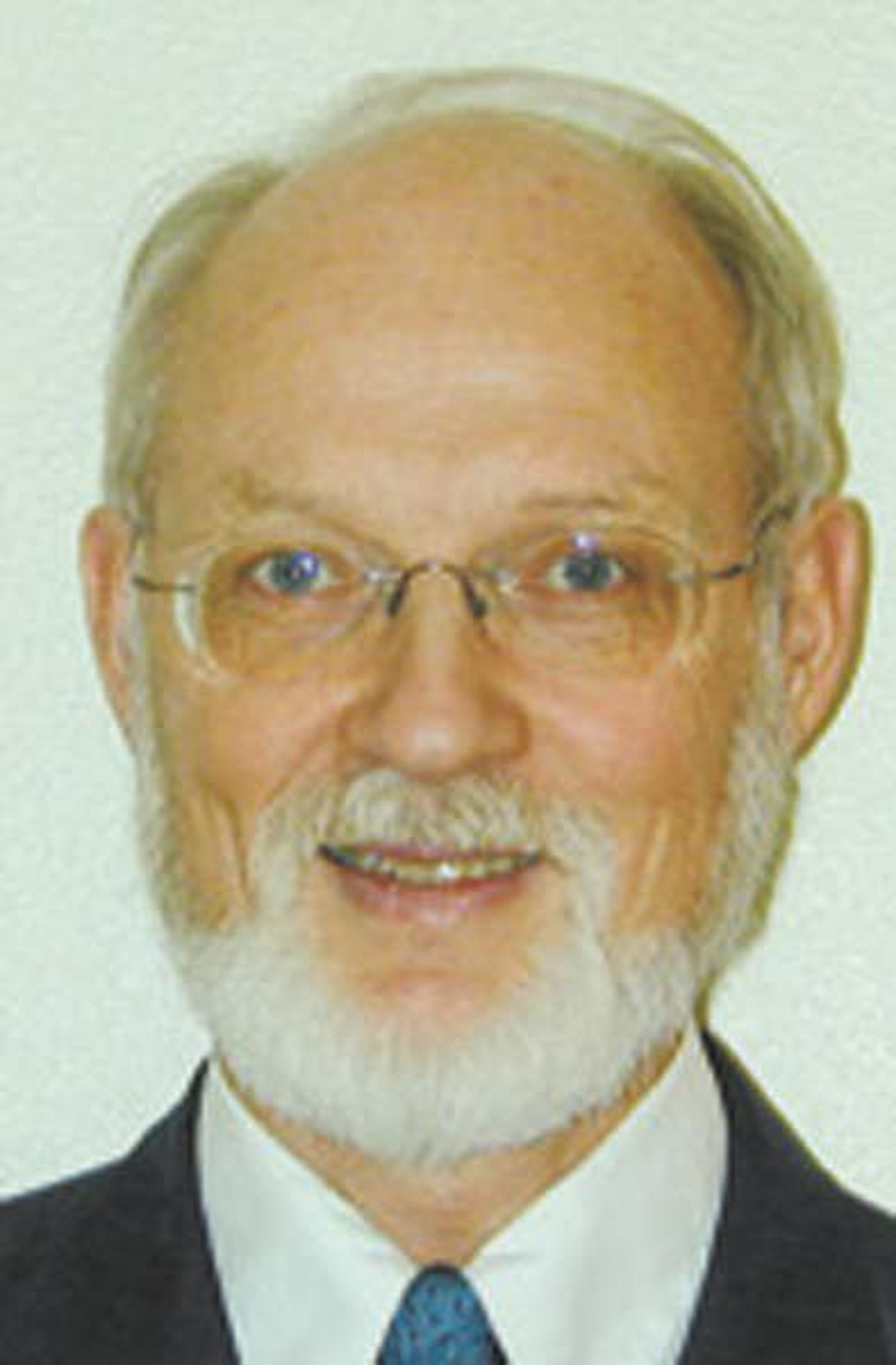Moscow officials: Housing gaps won’t be easy to fill
Moscow City Council discusses ways to improve situation
Understanding and solving housing gaps is something organizations and governments are trying to do across the country, including on the Palouse.
It was apparent during a Moscow City Council housing workshop Monday that answering those questions will be difficult, especially with a tight city budget.
Bill Belknap, Moscow’s deputy city supervisor of community planning and design, said the city can explore the possibility of a cost-reduction program for attainable housing projects and potentially partner with housing developers to pursue grant funding to assist with affordable housing options.
According to a Palouse Regional Housing Assessment released this fall, there is a larger gap in supply for single-family housing than multifamily housing on the Palouse. The assessment was conducted by the Partnership for Economic Prosperity and Thomas P. Miller and Associates.
TPMA estimates the region is short of the needed number of single-family homes by roughly 340 units. From 2017 to 2027, the region will need more than 2,600 additional single-family units, or about 270 per year.
“I do, though, recognize single-family has certainly seen increasing price pressure because of lack of production,” Belknap said.
While affordable single-family homes are needed in Moscow, Belknap noted multifamily housing is the most cost effective in terms of connecting city water and sewer services to and more energy-efficient than single-family homes.
The city’s Comprehensive Plan encourages the construction of a variety of housing types while preserving neighborhood character. The city promotes infill development in and around the downtown area.
Councilor Brandy Sullivan said if the city is trying to encourage high-density housing and fewer parking requirements, then the city needs to invest more in alternate transportation. Belknap said the city is limited in funding to do so.
Councilor Kathryn Bonzo said perhaps the city can incentivize builders to provide affordable housing but did not share any of those ways to incentivize. Sullivan said waiving permit fees could be one option.
The housing assessment notes that limited availability and high costs of construction labor are among the greatest challenges for home builders in the region.
TPMA proposed that Palouse leaders consider facilitating increased access to small single-family homes, tiny home neighborhoods, accessory dwelling units, modular-built homes, large scale single-family housing developments, senior housing and agrihoods.
It estimates that, as of 2017, more than 11,900 households were cost-burdened, which is equivalent to 37 percent of the region’s population. The housing assessment says the issue is not just isolated to college students because 16 percent of homeowners earning between $50,000 and $74,999 were cost burdened.
One of the recommended strategies the assessment outlines is identifying a Palouse Housing Leadership Team. Moscow City Councilor and PEP Executive Director Gina Taruscio said she anticipates 15 to 20 people will make up the team, which will soon be chosen by PEP board members.
Garrett Cabeza can be reached at (208) 883-4631, or by email to gcabeza@dnews.com.







